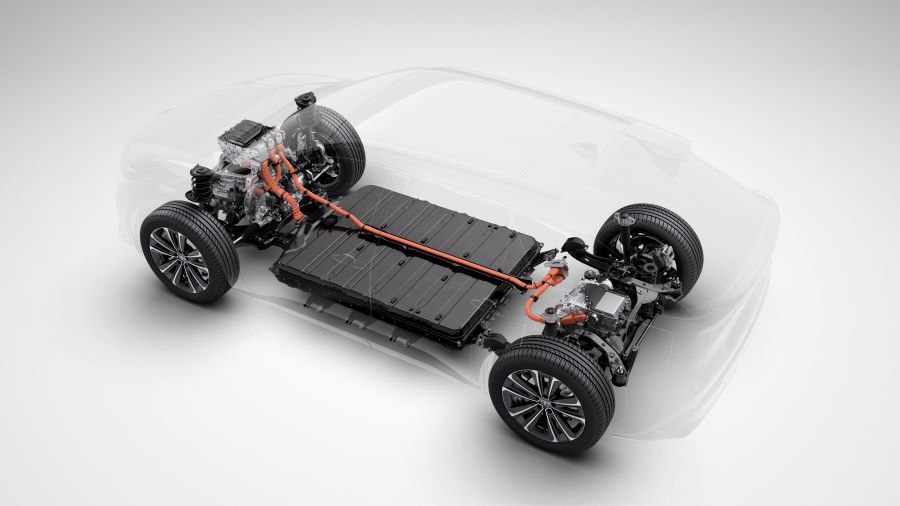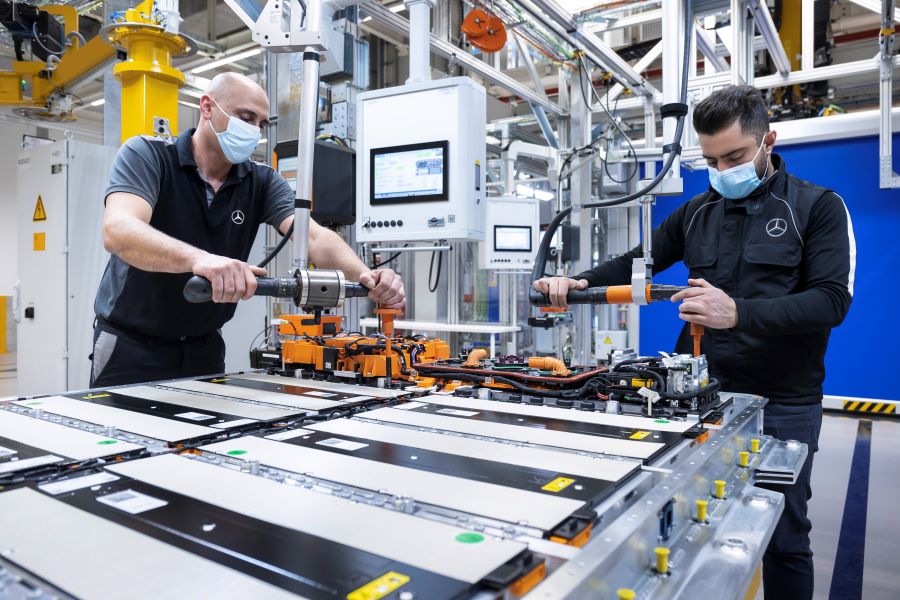NAGOYA, Japan—Toyota Motor Corp. plans to invest $14 billion in EV technology by 2030. Those efforts will focus on batteries, electric motor and power control units. The automaker expects to reduce the cost of batteries by up to 30 percent by concentrating R&D efforts on materials and the way cells are structured.
“While promoting a full lineup of electrified vehicles, we have also been developing and manufacturing a full lineup of batteries,” says Masahiko Maeda, chief technology officer and head of R&D at Toyota. “For HEVs, our focus is on power output, or in other words, instantaneous power; when it comes to PHEVs and BEVs, our focus is on capacity or what can be called ‘endurance.’
“We have been continuously evolving nickel-metal hydride batteries and lithium-ion batteries by taking advantage of their respective characteristics,” explains Maeda. “Our bipolar nickel-metal hydride battery, which was announced this year and is focused on providing instantaneous power, will be used in an increasing number of vehicles.
“For lithium-ion batteries for PHEVs and BEVs, we have been striving to improve both cost and endurance, and we will continue to improve them as we move forward,” claims Maeda. “We are developing a further advanced new type of lithium-ion battery for introduction in the second half of [this decade].”



